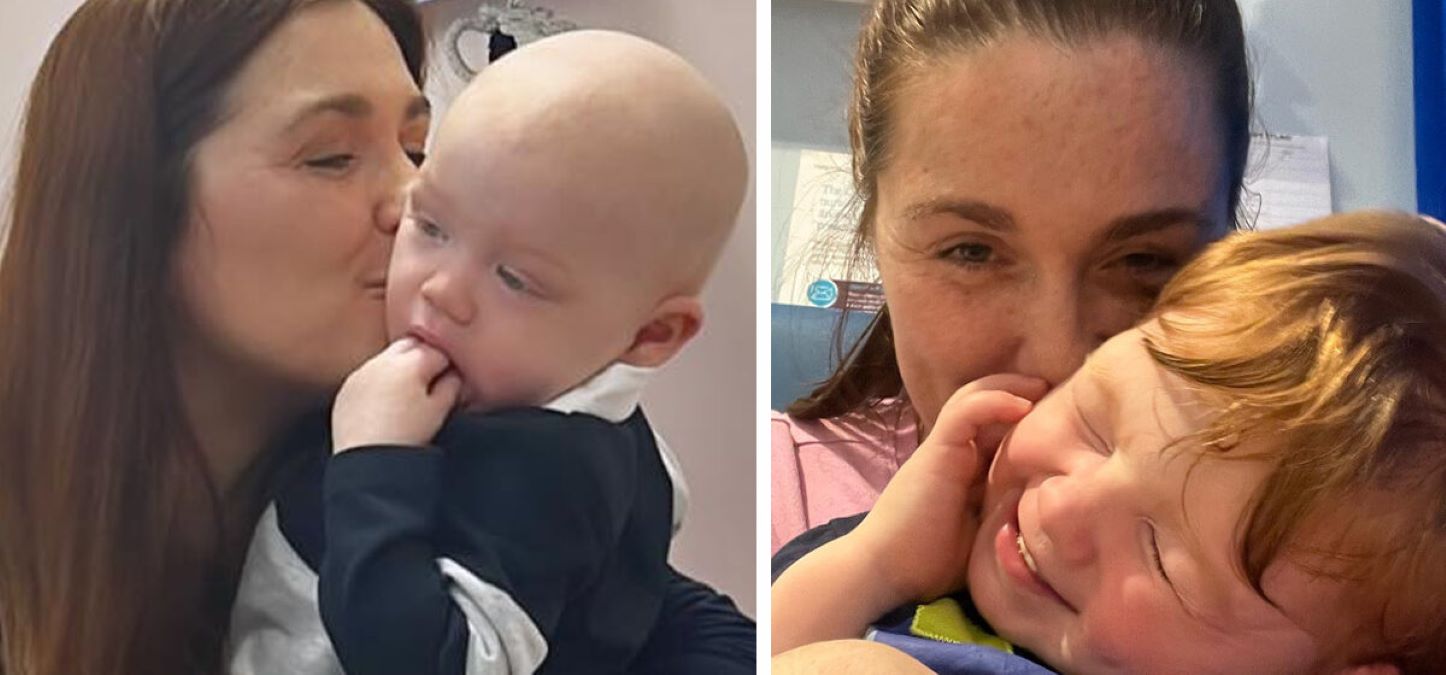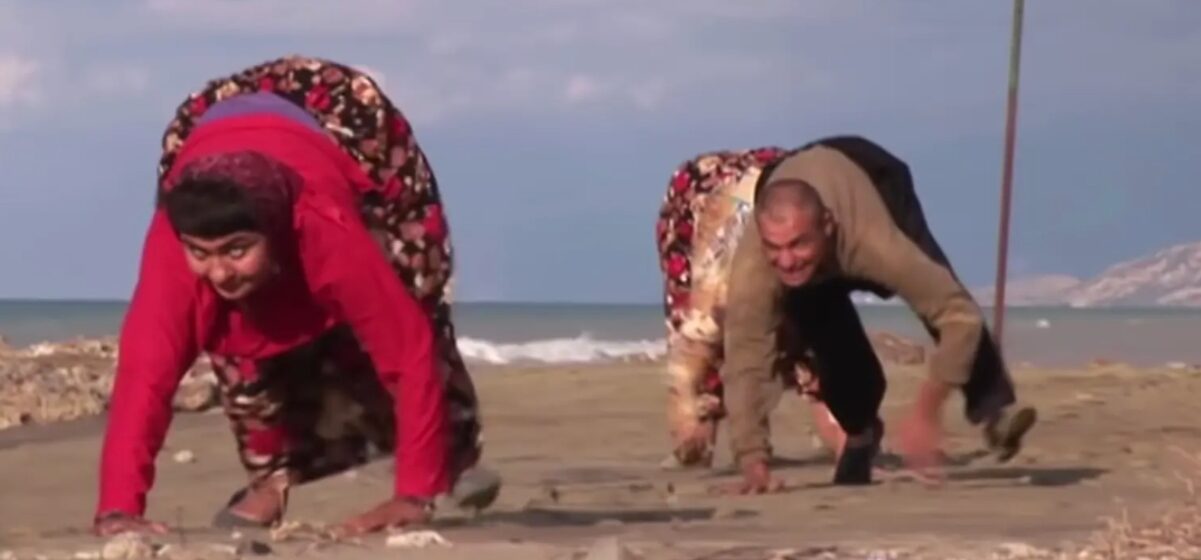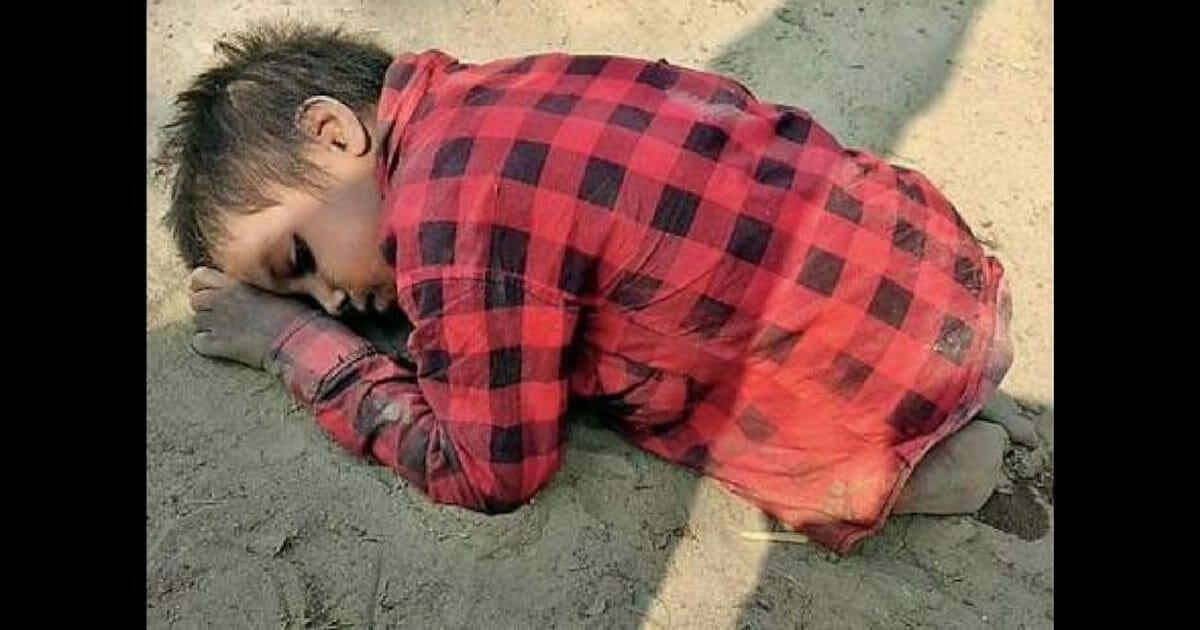
It is an undeniable truth that countless children worldwide endure conditions that no child should ever face.
While poverty and hunger are undeniably dreadful, the gravest issues for me are abuse and neglect.
All too frequently, we come across distressing accounts of children being mistreated – often by their own parents, the very individuals who should protect them.
In a disturbing 2007 report by the Indian Ministry of Women and Child Development, it was revealed that 69% of the surveyed children in India had experienced some form of abuse. Among the victims, 54.68% were boys, and shockingly, in 88.6% of the cases, the perpetrators were the children’s own parents.
An alarming 53% of the children in the study had suffered some kind of sexual abuse, with more than half of them being boys.
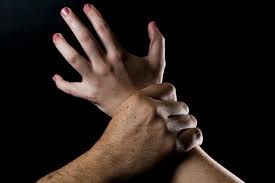
Upon the public disclosure of the report’s findings, the Indian government was compelled to take decisive action. Consequently, in 2012, the Protection of Children from Sexual Offences Act was enacted. However, despite the good intentions, the law has not yielded the desired outcomes.
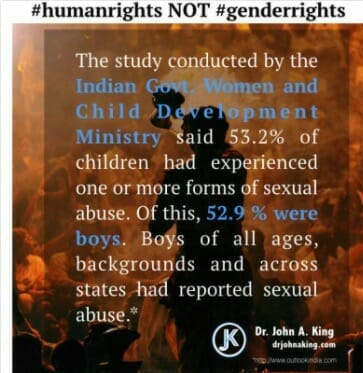 On February 20, the Indian government discovered a 6-year-old boy, Abhishek, huddled in a heap of sand.
On February 20, the Indian government discovered a 6-year-old boy, Abhishek, huddled in a heap of sand.
His condition was critical; he had been beaten and deprived of food.
Victim of his own father’s abuse
Witnesses attested that Abhishek’s father, Mukhtar, would frequently return home intoxicated and subject his son to beatings and torture. When Abhishek was found, it was evident that he had not eaten for a week.
Although many were aware of the boy’s plight, no one took a stand until Abhishek’s health deteriorated significantly, prompting someone to finally alert the authorities.
Persistent Challenges
While Abhishek’s case is harrowing, it is not an isolated incident. A notable case in 2014 involved a 6-year-old girl who was brutally assaulted in a school, sparking widespread debate on the hardships faced by children in certain regions.
A report by Human Rights Watch highlighted the prevalence of unreported cases of violence and abuse within households.
In underdeveloped nations, barriers exist between the populace and their government. Fear of stigma, coupled with reporting challenges, often deters individuals from seeking help.
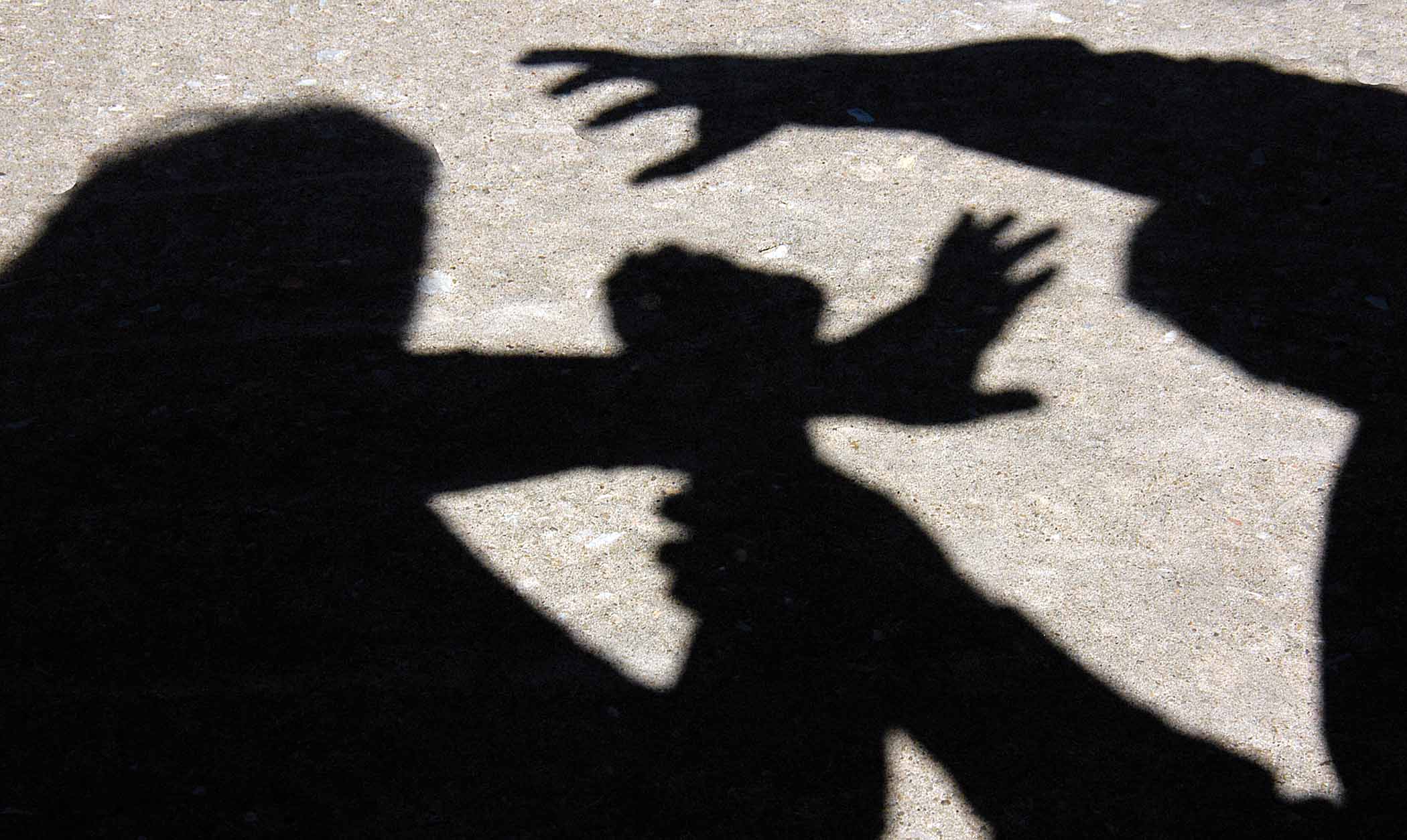
Moreover, when abuse occurs within families, community members are often reluctant to report, impeding state intervention.
Mandatory Reporting Legislation of 2014
Meenakshi Ganguly, head of Humans Rights Watch in South Asia, advocated for increased monitoring in public areas where child abuse is prevalent. However, addressing abuses within homes, shielded from public view, poses greater challenges.
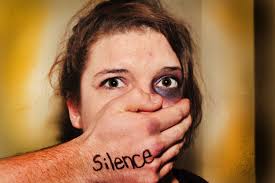
One thing remains certain – societies must confront this issue with the seriousness it warrants. Intervening when witnessing distress should not be optional; it must be obligatory.
A courageous individual intervened on Abhishek’s behalf just in time. Nonetheless, had his community functioned effectively, the innocent child could have been spared years of suffering and hunger.
While India may seem distant, the issue of abuse knows no boundaries. It is a collective challenge we must confront together.
If something doesn’t seem right, speak up. If you suspect someone is in distress, reach out. By having the courage to intervene at the first sign of trouble, we may prevent more children from enduring lives marred by violence and abuse.
Boy was denied food and beaten by father, who was under the influence of alcohol
Posted by Gulf News on Wednesday, February 21, 2018
We may not be able to do everything alone, but together, we can achieve anything.
Share this story with your friends on Facebook. No child should ever suffer without love and care.



